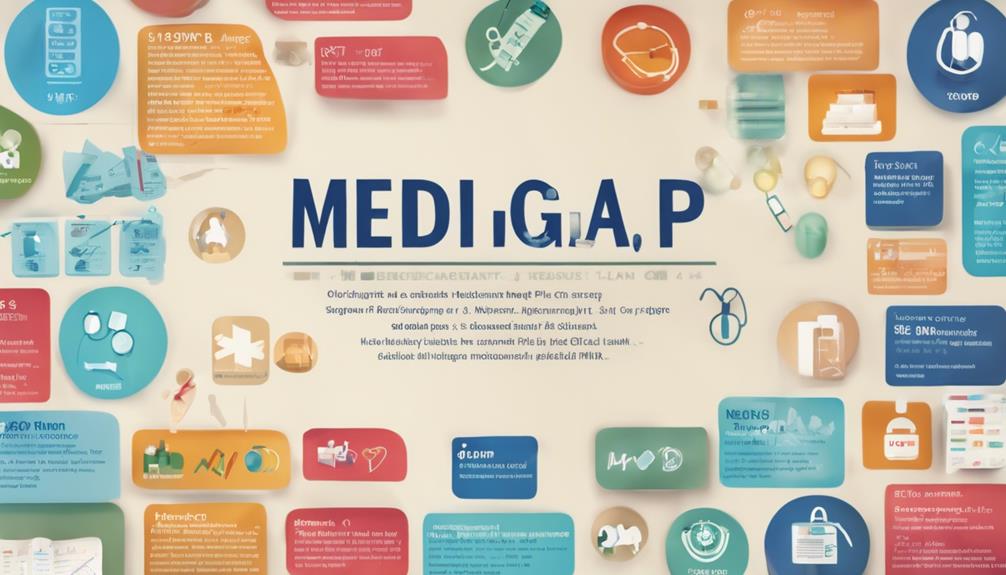Navigating the complexities of Medicaid eligibility can be overwhelming for many individuals and families. Understanding how to qualify for Medicaid is crucial for those who need financial assistance for healthcare services. In this comprehensive guide, we will explore the eligibility criteria, application process, and essential tips for applying for Medicaid. Whether you are seeking coverage for yourself or a loved one, this information will help you understand Medicaid and how to qualify.
What is Medicaid and Who Does it Serve?
Medicaid is a state and federally funded program designed to provide healthcare coverage to low-income individuals and families. It serves a diverse population, including children, pregnant women, elderly individuals, and people with disabilities. Each state administers its own Medicaid program, which means eligibility requirements can vary. However, the primary goal remains the same: to ensure that those in need have access to necessary medical services. Understanding the purpose of Medicaid is the first step in learning how to qualify.
Understanding Medicaid Eligibility Requirements
To determine how to qualify for Medicaid, it is essential to understand the eligibility requirements. Generally, eligibility is based on financial need, which includes income and assets. Most states have specific income limits that applicants must meet, often set as a percentage of the federal poverty level (FPL). Additionally, applicants must be U.S. citizens or legal residents and meet residency requirements in their state. Some states expand Medicaid under the Affordable Care Act (ACA), allowing more individuals to qualify. Familiarizing yourself with these requirements can help you assess your eligibility.
Income and Asset Limits: What You Need to Know
When considering Medicaid how to qualify, it’s crucial to know the income and asset limits in your state. Generally, Medicaid considers both countable income (like wages and Social Security payments) and countable assets (such as savings accounts and property). While some assets, like your primary home or personal belongings, may not count against you, others can affect your eligibility. For example, in many states, single individuals may have an asset limit of around $2,000, while married couples might have a higher limit. Understanding these limits is essential for a successful application.
Special Populations and Their Eligibility Criteria
Certain populations have specific eligibility criteria for Medicaid. For example, pregnant women often have higher income limits to qualify for coverage during their pregnancy. Children under the age of 19 may also qualify for Medicaid under the Children’s Health Insurance Program (CHIP), which provides coverage for low-income families. Additionally, individuals with disabilities may be eligible for Medicaid through different pathways, such as Supplemental Security Income (SSI) or through a Medicaid waiver program. Knowing these special criteria can help you navigate the complexities of Medicaid how to qualify.
The Application Process for Medicaid
Understanding how to qualify for Medicaid also involves knowing the application process. The application can usually be completed online, in person at local Medicaid offices, or via phone. It’s essential to gather all necessary documentation, including proof of income, residency, and any medical expenses. After submitting your application, you may need to attend an interview or provide additional information. It’s important to stay organized and proactive during this process to ensure timely approval.
Common Mistakes to Avoid When Applying for Medicaid
Many applicants make common mistakes that can delay or jeopardize their Medicaid application. One frequent error is failing to report all income accurately, which can lead to disqualification. Additionally, not providing the necessary documentation or missing deadlines can hinder the process. It’s also critical to keep track of any changes in your circumstances, such as job changes or changes in household size, which may affect your eligibility. By being aware of these pitfalls, you can improve your chances of successfully qualifying for Medicaid.
What to Do If Your Medicaid Application Is Denied
If your Medicaid application is denied, don’t lose hope. Understanding how to qualify for Medicaid includes knowing your rights and the next steps to take. You have the right to appeal the decision, and each state has its own appeal process. Review the denial notice carefully to understand the reasons behind it. Gather any additional documentation or evidence that supports your case, and consider seeking help from local advocacy groups or legal assistance if needed. Remember, persistence is key, and many individuals successfully appeal their denied applications.
Conclusion: Securing Medicaid Coverage for Healthcare Needs
In conclusion, learning how to qualify for Medicaid is a vital step in securing healthcare coverage for yourself or a loved one. By understanding the eligibility requirements, income and asset limits, and the application process, you can navigate the system more effectively. Remember to avoid common mistakes and know your rights if your application is denied. Medicaid provides essential support for millions of Americans, and with the right information and tools, you can gain access to the healthcare services you need. If you have further questions, consider reaching out to your local Medicaid office or a qualified healthcare navigator for personalized assistance.Medicare Plan Costs And Coverage
